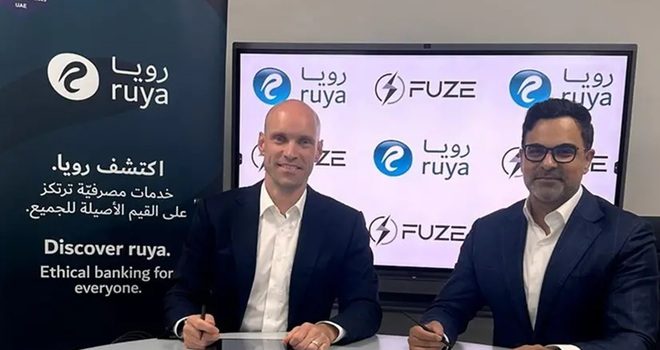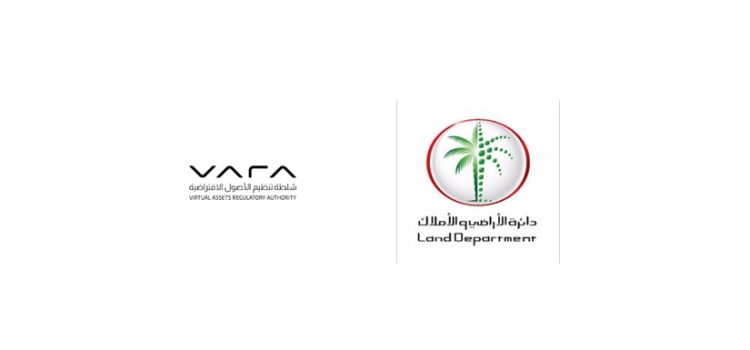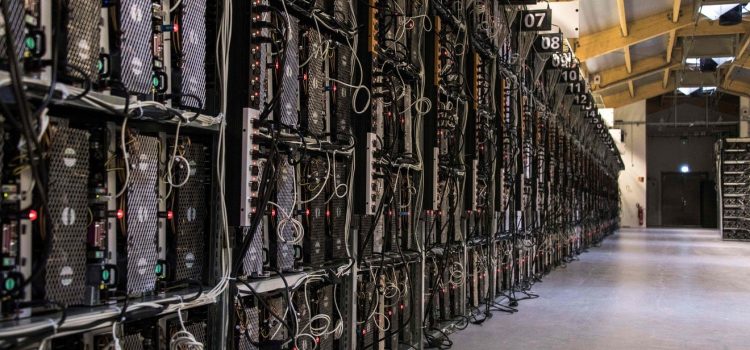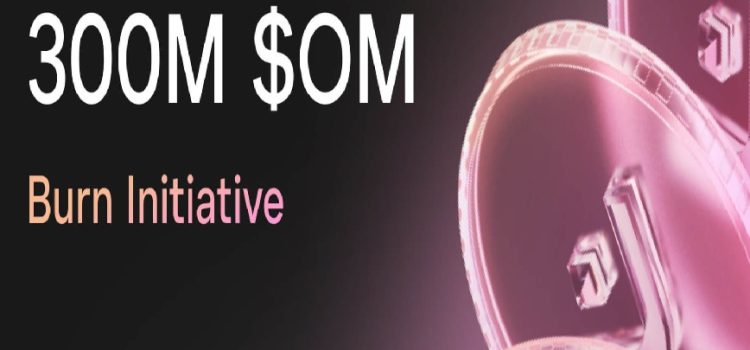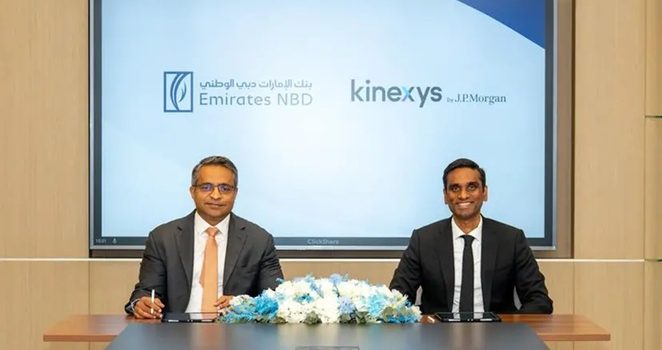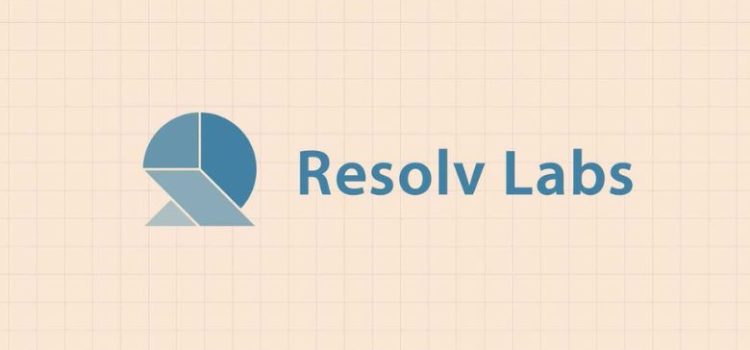As the city gears up to host the much-awaited Unchained Summit at the Kempinski Central Avenue on 28th and 29th April, a tide of excitement is rolling over the region’s Web 3.0, Blockchain, and Digital Assets industries.
The summit, hosted by Aeternum, promises more than an average Web 3.0 conference. It’s a high-conviction meeting of founders, investors, policy shapers, and enterprise leaders driving the frontiers of how decentralized infrastructure will transform identity, finance, and trust in the digital world.
Dubai’s Web 3.0 momentum is no longer a whisper, it’s a global signal. As the world tilts toward decentralized infrastructure, Dubai has emerged as the nexus where policy, capital, and innovation come together. With government-backed regulatory clarity, enterprise-grade adoption, and a thriving ecosystem of startups and investors, the emirate is fast becoming the capital of the decentralized ecosystem. Unchained Summit is more than a symptom of this energy; it’s the driving force. The Dubai edition brings global architects of Web 3.0 together in one place, making Dubai a living laboratory for what the internet of value, trust, and autonomy really is.
From builders to billionaires, Unchained Summit’s lineup of speakers include:
• Ronghui Gu, Co-Founder, Certik
• Ella Zhang, Head, YZi Labs
• Kostas Chalkias, Co-Founder and Chief Cryptographer, Mysten Labs
• Sreeram Kannan, Founder & CEO, EigenLayer
• May Zabaneh, VP of Product – Blockchain, Crypto & Digital Currencies, PayPal
• Greg Scanlon, VP Quantitative Blockchain, Franklin Templeton Digital Assets, Franklin Templeton
• Keone Hon, Co-Founder, Monad Foundation
• Lennix Lai, Global Chief Commercial Officer, OKX
• Nils Andersen-Röed, Global Head of FIU, Binance, and more.
“Web 3.0 is a collective movement, and Unchained Summit is where the next wave of builders and thinkers come together. We’re here to drive the conversation. Web 3.0’s growth hinges on infrastructure that can scale — it’s about throughput, cost-efficiency, and long-term sustainability. We’re proud to be at Unchained Summit, pushing the notion on sustainable blockchain designs,” said Abhijit Shukla, Founder of TAN Blockchain.
Richard Ma, CEO & Founder of Quantstamp said, “I’m honored to be speaking at Unchained Summit, a premier event bringing together visionary leaders and innovators in the Web 3.0 ecosystem. At Quantstamp, we’re dedicated to securing the future of blockchain, and I look forward to sharing insights on advancing security, trust, and resilience within this rapidly evolving industry.”
“Markets are moving on-chain—not just assets, but access, distribution, and users. We’re excited to be at Unchained Summit talking about what it takes to put real-world assets in the hands of real people,” said José F. Pereira, Executive Director, Own.
“Web 3.0 moves fast—and the ones who show up shape where it goes. Unchained Summit brings together the doers, not just the talkers. At TBV, we’re here to back the founders turning big ideas into real traction,” said Tobias Bauer, General Partner, TBV.
“Dubai is no longer just participating in Web 3.0, but it’s directing traffic,” says Sharath Kumar, Founder & CEO of Aeternum and organizer of Unchained Summit. “This is the one of the first real moments where we’re seeing decentralized technologies collide with institutional capital, national policy, and entrepreneurial energy—all in one city.”
Unchained Summit’s official sponsors include:
• Platinum Sponsors: Mesh and Own
• Afterparty Sponsor: Consciousness
• Gold Sponsors: KoinBX, MOI Technology, and TAN Blockchain
• Silver Sponsors: AEON, BTSE, Mantle Network, and f(x) Protocol
• Bronze Sponsors: BlockchainX, Gresham International, EcoTrader, and Threshold
• Official Media Partner: Coin Edition
With increasing interest in industries ranging from AI-driven gaming to tokenized assets, Unchained Summit indicates a wider industry transition: Web 3.0 is increasingly finding its way into mainstream enterprise planning. And as a result of this, after its Dubai edition, Unchained Summit is set to make its India debut on 5th and 6th December 2025, reaffirming its commitment to bridge APAC, Middle Eastern, and European Web 3.0 & Crypto ecosystems.
As the Dubai chapter draws to a close, one thing is certain: the decentralized future is no longer a distant prospect; it is happening already.
Tickets for the Dubai edition are on sale on the official site: unchainedsummit.com









